On November 14, the Embassy of Vietnam in the Russian Federation organized the implementation of the Action Plan on science and technology diplomacy until 2030 of the Ministry of Foreign Affairs to implement Resolution 57-NQ/TW on breakthroughs in science and technology development, innovation and national digital transformation.
Mr. Doan Khac Hoang, Counselor - Minister of the Embassy, presented some main features of the program, in which three main principles were identified: flexibility, proactiveness, creativity; selective absorption; encouraging the participation of both the State and businesses with people as the center.
In Vietnam's orientation for international cooperation in science and technology, the Russian Federation is ranked in the first group along with other developed countries. Therefore, scientific diplomacy in the area is of great significance and must achieve advisory opinions for the government and ministries and branches.
At the meeting, Head of the Embassy's Science and Technology Department Nguyen Ngoc Anh introduced Russia's orientation and strategy in science and technology development, thereby making comments on the potentials that Vietnam can exploit and develop more deeply. Accordingly, despite Vietnam's tendency towards basic science development compared to its applied orientation, the Russian Federation is always a safe and reliable cooperation partner of Vietnam. This is especially important considering the need to ensure sovereignty and national interests in science and technology cooperation, as well as ensuring Vietnam's fair position in joint projects.
According to the report of the head of the Embassy's Education Department, Mai Nguyen Tuyet Hoa, in addition to long-standing scientific research centers, research work is also given great attention at universities across the federation, especially those selected for the federal project "Priority" to support universities.
With the number of Vietnamese students, graduate students, and researchers studying in Russia every year in many ways, this is a good opportunity that needs to be taken advantage of so that Vietnamese students can access early and participate in high-level scientific research projects.
The proportion of Vietnamese students studying STEM (science, technology, engineering and mathematics) currently accounts for about 30% of the total number of international students in Russia. This is a very positive rate, and Vietnam needs to take advantage of the current favorable political conditions to maintain and increase this rate, building for itself a team of well-trained scientists with high-level research experience and international cooperation.
For his part, Ambassador Dang Minh Khoi emphasized that science and technology are currently identified as a new driving force for the development of the country's economy, in which Russia has a special advantage in terms of safety in science and technology cooperation compared to many other countries. Therefore, to realize and further enhance the effectiveness of cooperation, the important factor is the awareness of this role of those working in science diplomacy.
Although application is not its strength, the applied achievements of Russian science have been recognized in the world and in Vietnam, most recently the COVID-19 vaccine and new cancer treatment drugs licensed by the Vietnamese Ministry of Health. The system of universities and the Russian Academy of Sciences always maintain high rankings in world rankings.
Ambassador Dang Minh Khoi stated that difficulties in the new period can become opportunities, creating favorable conditions for cooperation in technology transfer. Regarding the key areas that need in-depth research to provide timely and accurate advice to the government and ministries, Ambassador Dang Minh Khoi pointed out nuclear energy and technology, space and satellite technology, basic science, defense industry, biotechnology, information technology, emphasizing human resource training.
This working session on implementing scientific diplomacy will suggest other initiatives aimed at specific tasks, creating qualitative innovation in the perception and actions of those doing scientific diplomacy, promoting science and helping to make science an important orientation in diplomacy./.
Source: https://www.vietnamplus.vn/trien-khai-cong-tac-ngoai-giao-khoa-hoc-cong-nghe-tai-lien-bang-nga-post1077082.vnp



![[Photo] Panorama of the 2025 Community Action Awards Final Round](https://vphoto.vietnam.vn/thumb/1200x675/vietnam/resource/IMAGE/2025/11/15/1763206932975_chi-7868-jpg.webp)

![[Photo] General Secretary To Lam receives Vice President of Luxshare-ICT Group (China)](https://vphoto.vietnam.vn/thumb/1200x675/vietnam/resource/IMAGE/2025/11/15/1763211137119_a1-bnd-7809-8939-jpg.webp)

![[Photo] Prime Minister Pham Minh Chinh meets with representatives of outstanding teachers](https://vphoto.vietnam.vn/thumb/1200x675/vietnam/resource/IMAGE/2025/11/15/1763215934276_dsc-0578-jpg.webp)
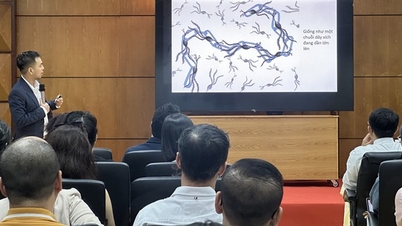



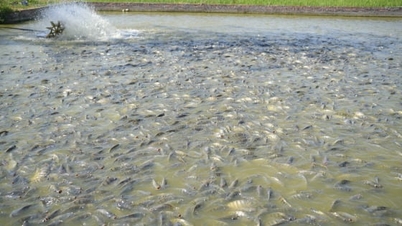





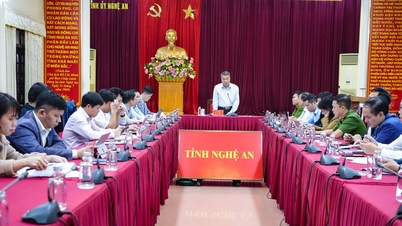

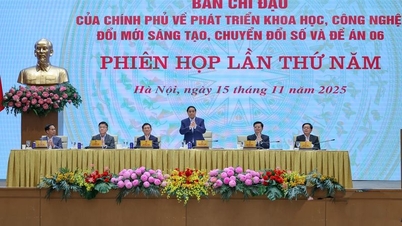

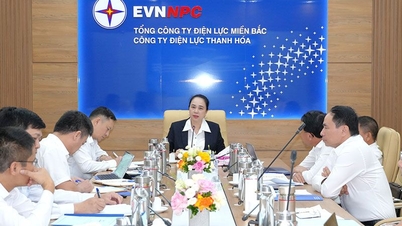
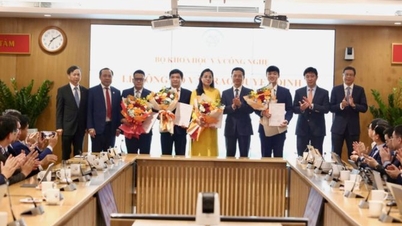
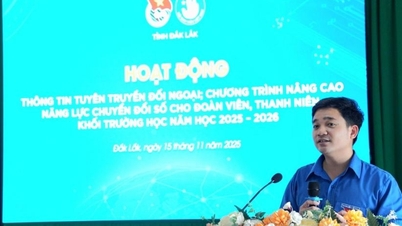







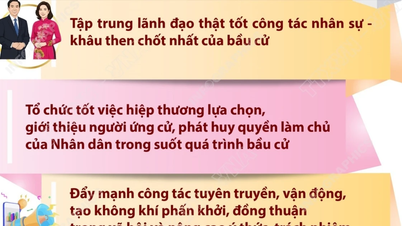
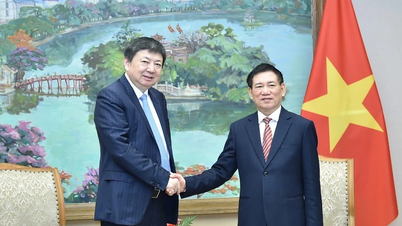

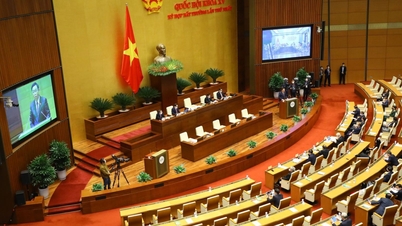
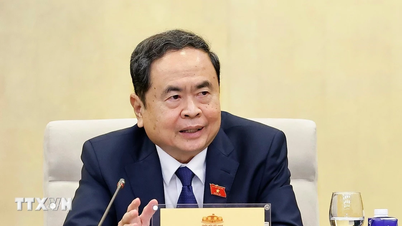
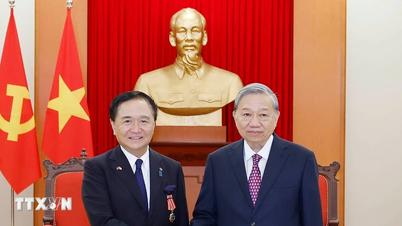


































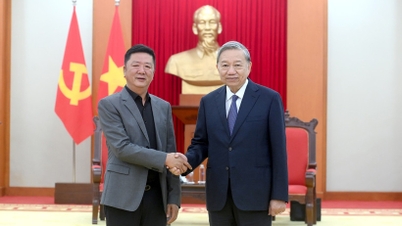

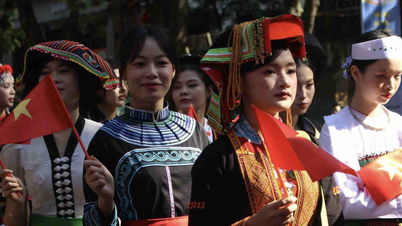

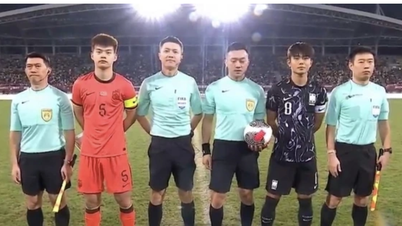

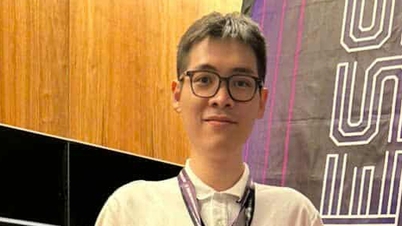

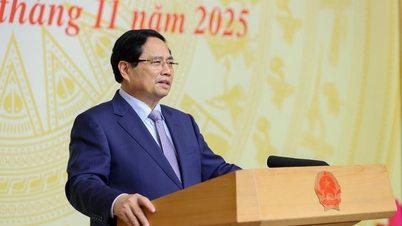





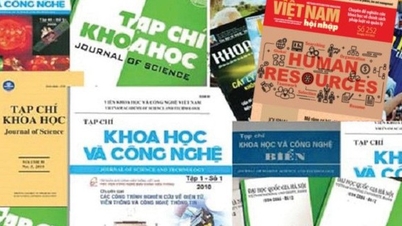
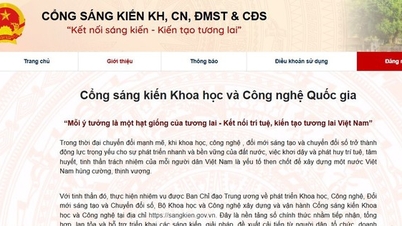
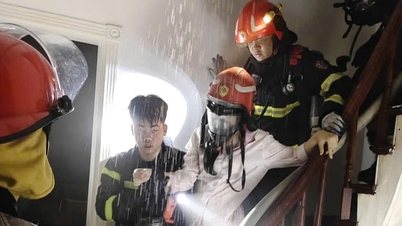
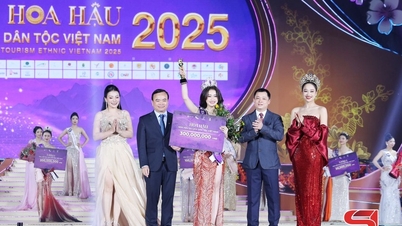















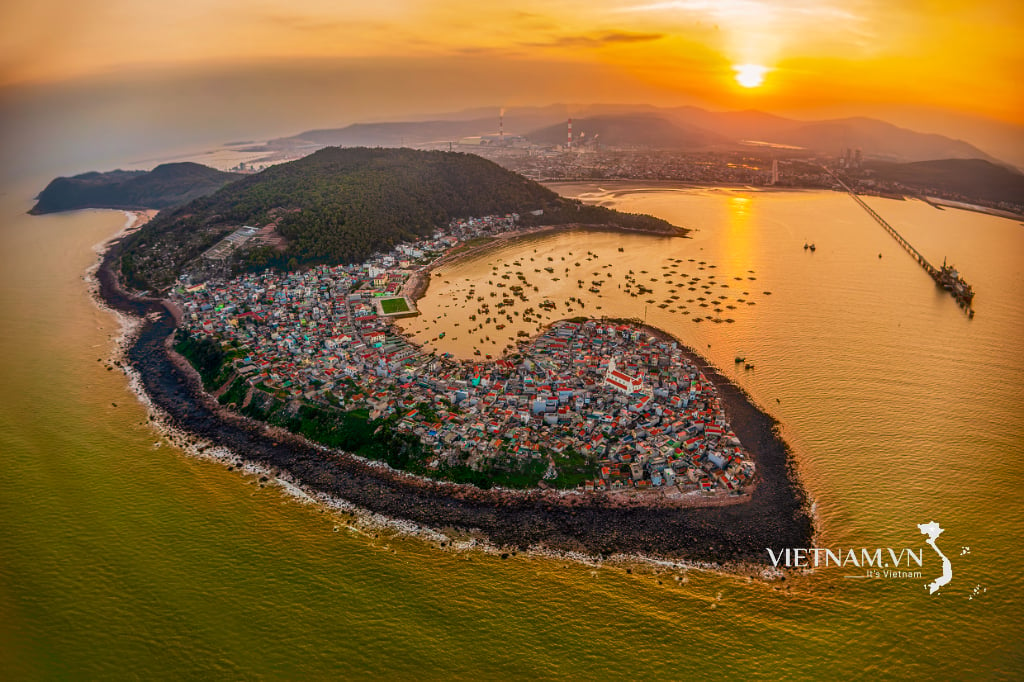



Comment (0)